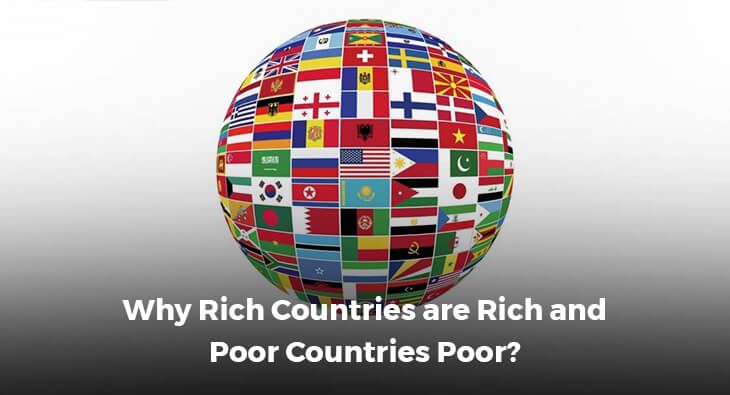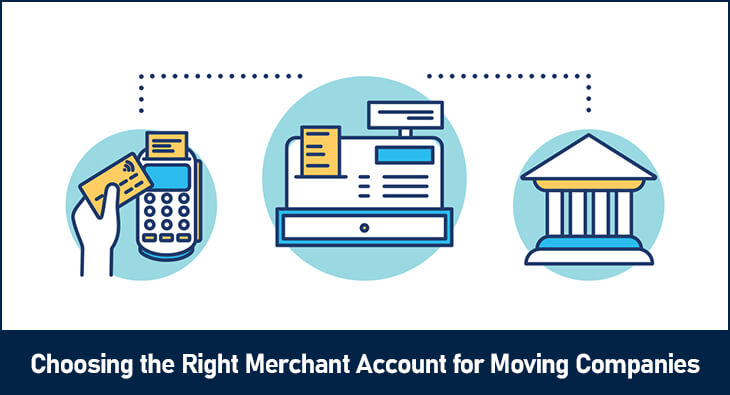There are 196 countries in the world. 25 of them are very rich, defined as having an average wealth per person of over $100,000 a year. But far more countries are quite poor, and some are very very poor.
Some Facts
In the 20 poorest countries of the world, the per capita wealth is under a $1,000 a year. Or under three dollars a day. Every country is on a path to growth. But, the poor ones are growing very, very slowly. If Zimbabwe continues at its current growth rate, it will qualify as a ‘rich country’ in 2722 years.
What we want to know why some countries prosper and others stagnate. So that we can understand what rich countries are doing right- and get a better grip on the challenges and hurdles facing poor countries. There are basically three factors that determine whether a country will be rich or poor.
INSTITUTIONS
Institutions are beyond important. Broadly speaking, rich countries have ‘good institutions’ and poor ones have very, very bad ones. The correlation between poverty and corruption is direct. The richest countries in the world are quite simply invariably also the least corrupt ones. And the most corrupt countries are also the poorest.
When countries are corrupt, they can’t collect enough taxes to get the good institutions they would need to escape the poverty trap.
Half of the wealth of the world’s poorest 20 countries goes into offshore accounts. Lost revenues in these countries total between $10 and $20 billion dollars a year Meanwhile, without an adequate tax base, poor countries can’t invest in police, education, health, transport.
CULTURE
What goes on in people’s minds, their outlooks and beliefs, A striking statistic pops up here in relation to religion. If there’s one generalization you can make about religion and wealth, it’s that the fewer people believe, the richer they stand a chance of being.
19 of the richest countries in the world have 70% or more of their populations saying religion is not at all important to them. The exception here is – unsurprisingly – the United States, which manages to combine great religiosity with huge wealth and conversely, the poorest nations in the world are also extremely believing ones. In the world’s poorest country, simply everyone is a believer.
Why is belief quite so bad for wealth creation?
Because in general, religiosity is connected up with the idea that the here and now can’t be improved. So, you should focus on the spiritual and look forward to a next world instead. In the rich world, people are generally great believers in their capacity to alter their destiny through effort and talent.
GEOGRAPHY
Poor countries are overwhelmingly located in the tropical regions. This isn’t a coincidence. Life is, in many ways, simply far tougher there.
The problems begin with agriculture
Tropical plants are generally a lot less packed with carbohydrates. Poor countries have worse soil too. Also, and perhaps surprisingly, a tropical climate can be disadvantageous to photosynthesis.
It isn’t just plants and animals that suffer in the tropics. In the middle latitudes, humans are open to a terrifying array of diseases.100% of low-income countries are affected by at least five tropical diseases simultaneously. The magical temperature which has helped to make rich countries rich is 16 degrees centigrade. However, superficially unpleasant, that drop below 16 degrees as autumn starts to bite is quite literally, a foundation stone of civilization.
Geography also encompasses transport and poor countries are, on the whole, very badly connected. Landlocked Bolivia and semi landlocked Paraguay are the poorest nations in South America. Africa has only one major navigable river, the Nile and hosts 15 landlocked nations, 11 of which have average incomes of $600 or less. Not coincidentally, the poorest country in Asia, Afghanistan, is also landlocked.
Natural resources
Then there’s the matter of natural resources. Natural resources (like oil or precious metals) can be real trouble – and, paradoxically, poor countries tend to have them in spades. These natural resources are what economists call intensifiers. They will help to make a country with good institutions richer. But, one with bad institutions gets even poorer, precipitating what we call the resources trap.
So the Democratic Republic of the Congo is one of the world’s most mineral-rich countries; holding most of the world’s Coltan, which every mobile phone has a bit of inside. But natural resource wealth helps elites to grab money without requiring the cooperation of the whole society. If the only way to grow wealthy is to assemble high tech aero engines,
How to weight?
So how should one weigh up the relative importance of all these different factors? All institutional, cultural and geographic, in determining the wealth of a nation? There are no hard and fast rules. But, as a guide, one can suggest that 50% of a nation’s wealth comes down to its institution. 20% is due to its culture, and 10% each can be allocated to latitude, connectivity with the rest of the world, and geological good fortune.
If you’re a policymaker, this discussion has wide practical implications. But at a more personal level, one might take away two things from it; Firstly, Modesty: you should have a better idea of what you owe your individual success too. Which is not so much your own hard work or fine mind, as the broader society you live in which was here for over centuries. And, which you now draw benefit from unknowingly. And at the same time, Sympathy: an ability not to see failing societies just as basket cases, but rather as countries facing comprehensible and hugely difficult problems.
Our sympathy can hike while reflecting that the troubles of desperate lands are to a considerable extent to do with malaria. A lack of navigable river and the horrific buzzing of the tsetse fly rather than always some more intimate human failing which we would ourselves never manifest.
![]()
Email us anytime!
Email customer service 24/7
![]()
Call us anytime!
Reach customer care 24/7 at +1 (727) 330-3944



